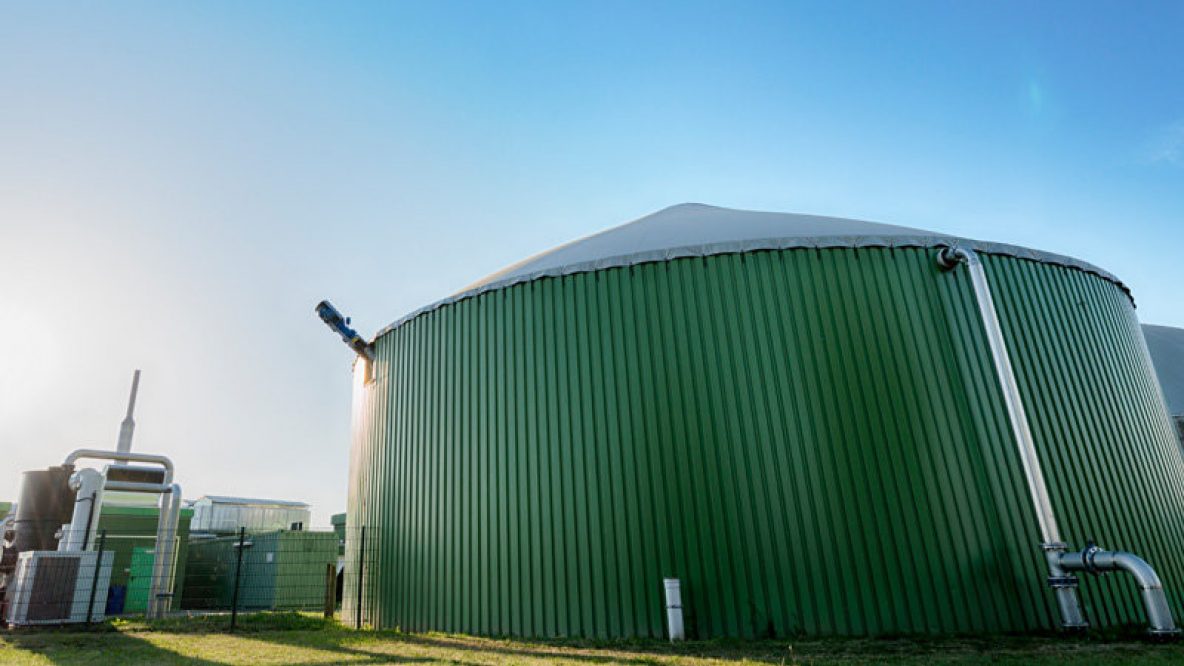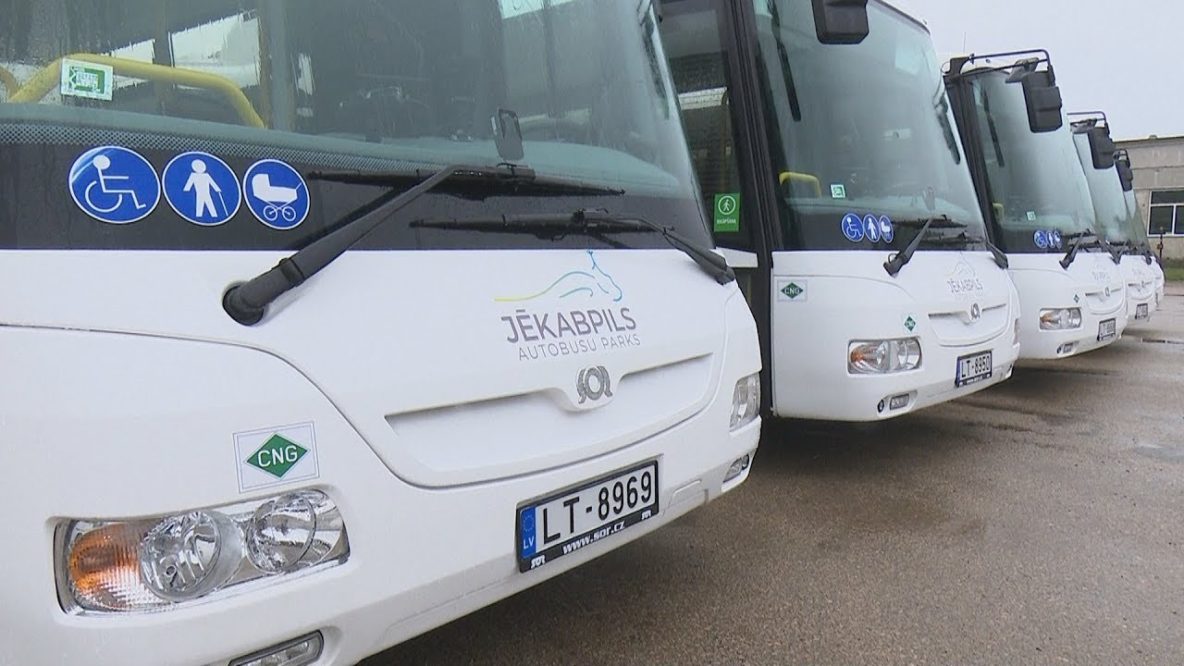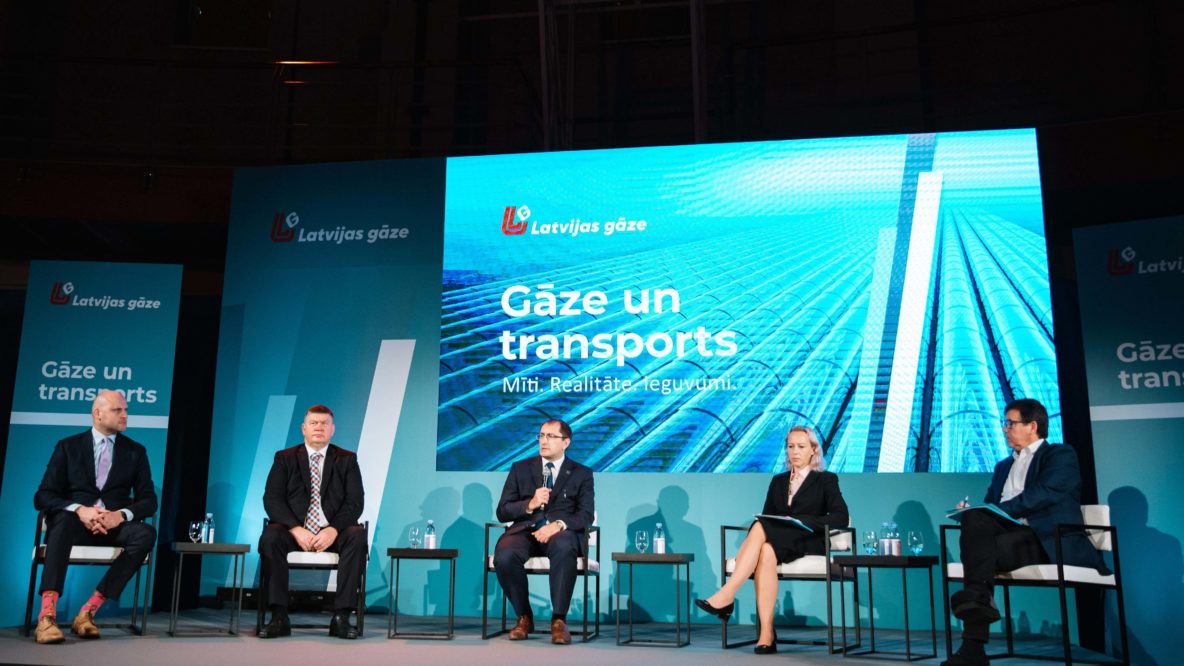
Latvijas Gāze supplies customers with natural gas, which is the most convenient and environmentally friendly traditional fuel for consumers. At times, when environmental aspects are playing an important role in our decision-making, Latvijas Gāze has developed an environmental policy that identifies initiatives that promote greater responsibility for the environment, as well as the development and spread of environmentally friendly technologies.

The use of biomethane in transport is closely linked to the development of natural gas filling infrastructure, as well as the increase in the number of CNG cars. It is the next step towards climate neutrality and environmentally friendly energy.

The use of natural gas in road transport has become increasingly popular over the last decade. CNG-powered cars are now used by more than two million Europeans and are suitable for everyone, from private vehicle owners to public transport and freight transport.

Jēkabpils is one of the first towns where commercial vehicles run on CNG. According to chairman of the board of SIA ‘Jēkabpils autobusu parks’ Jānis Ščerbickis, the renovation of their bus fleet with seven CNG vehicles in Jēkabpils has made it possible to maintain the bus fare at the current level (0.50 euros), and to preserve various discounts and benefits, such as free bus rides for schoolchildren.

Natural gas and biomethane will play a significant role in long-term freight and passenger transport; however, experts concluded that the promotion of the use of alternative fuels requires infrastructure, fiscal and financial support, as well as a review of European Union (EU) policies, during the conference ‘Gas and Transport. Myths. Reality. Benefits’. The main topic of the discussion was the achievement of international climate objectives, while maintaining the competitiveness of transport companies.

On 13 October of this year, during the conference of Latvijas Gāze ‘Gas and transport. Myths. Reality. Benefits.’ a panel discussion was held, in which experts and attendees discussed options for the reduction of greenhouse gas (GHG) emissions from transport in order to meet international climate objectives while maintaining the competitiveness of the businesses.